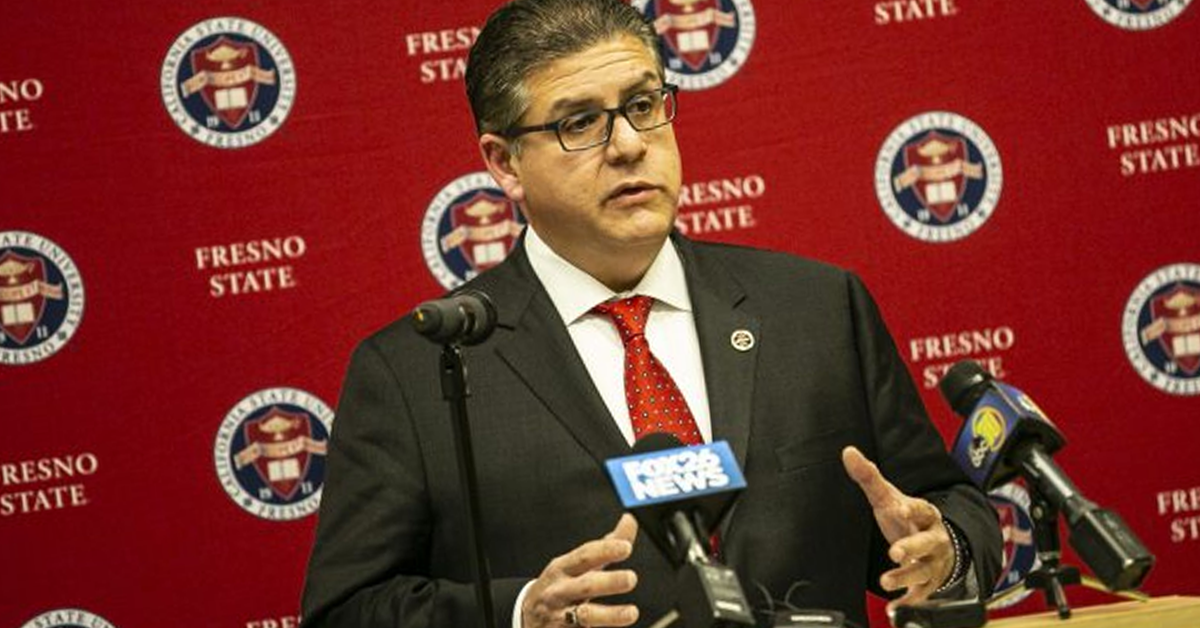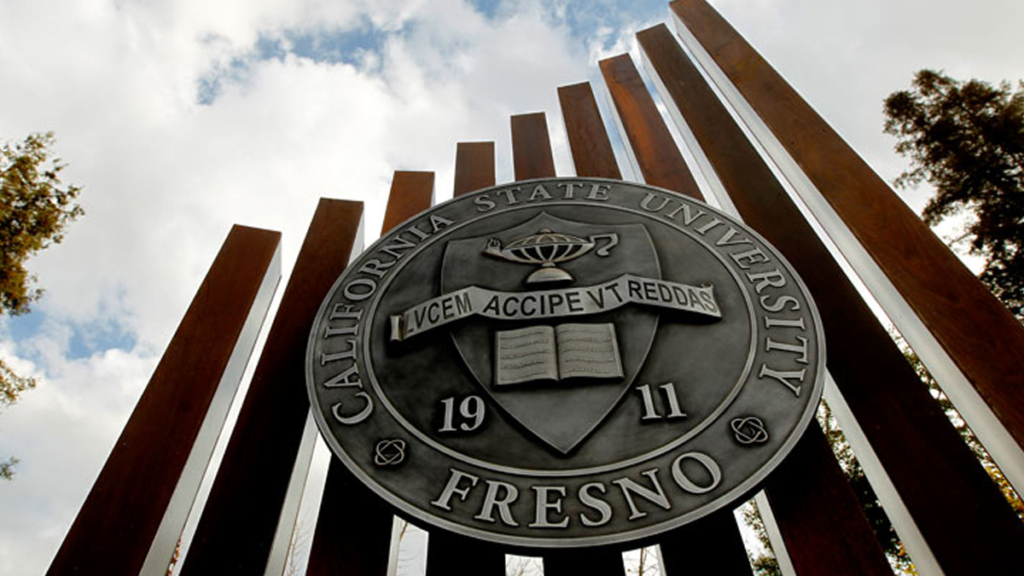Trustees of America’s largest public university system formally launched an independent investigation into California State University, Fresno’s handling of Title IX harassment complaints.
The probe comes following bombshell reports that the administration under former Fresno State President and CSU Chancellor Joseph I. Castro failed to appropriately review complaints against a senior member of his university cabinet, Frank Lamas.
Castro has since resigned his post as Chancellor of the California State University system, ending a 13-month tenure running the 23-campus university system.
As part of his resignation, Castro accepted a settlement package which included $400,000 in compensation to serve as an advisor to the Board of Trustees along with preservation of his retreat rights to serve as a tenured professor at Cal Poly, San Luis Obispo.
In an announcement on Tuesday, CSU trustees authorized an investigation – to be completed in approximately 90 to 120 days – led by the Law Offices of Mary Lee Wegner, a Sherman Oaks-based employment law firm.
The CSU system will also conduct an assessment of Title IX practices across the 22 other CSU campuses.
The university system approved initiation of a systemwide policy regarding letters of recommendation for administrators, a key sticking point in the exit package offered to Lamas amid a flurry of untouched Title IX complaints.
It also approved the development of a systemwide policy for retreat rights offered to former administrators, a key element of Castro’s exit package that has attracted ire from the faculty of San Luis Obispo outpost.
The university system is also suspending the offer of its “Executive Transition Program” to former administrators pending a review by a board task force.
The program allows five-year administrative veterans of the CSU system to transition into a new position, so long as they do not retire or accept non-CSU employment.
The original program, developed in 1992 and modified in 1997 and 2006, originally allowed executives a one-year transition period at a median salary between the administrative salary and the salary of the highest tenured professor.
The 2006 revision left the transition period and compensation rate open-ended and at the discretion of the CSU Chancellor.










